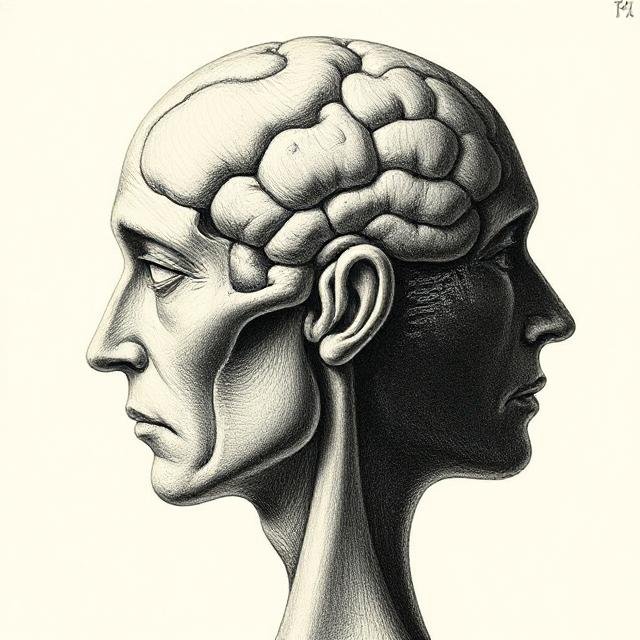Introduction
Labile affect, also known as emotional lability, is characterized by rapid and intense fluctuations in emotional states that are often disproportionate to the situation at hand. These sudden mood swings can significantly impact an individual’s daily functioning and interpersonal relationships. Understanding the underlying causes, diagnostic approaches, and available treatments is crucial for effective management.
Defining Labile Affect
Labile affect refers to the rapid and exaggerated changes in mood or emotional expression. Individuals with labile affect may experience sudden episodes of laughing, crying, anger, or fear that seem out of context or excessive for the situation. This condition is often observed in various psychiatric and neurological disorders, where emotional regulation is impaired.
Causes and Associated Conditions
Several factors can contribute to the development of labile affect:
- Neurological Disorders: Conditions such as stroke, traumatic brain injury, multiple sclerosis, and Parkinson’s disease can disrupt the brain’s emotional regulation pathways, leading to labile affect.
- Psychiatric Disorders: Emotional instability is a hallmark of disorders like bipolar disorder, borderline personality disorder, and post-traumatic stress disorder (PTSD).
- Medications: Certain drugs, including antidepressants and corticosteroids, may have side effects that induce emotional lability.
- Substance Use: Alcohol and drug abuse can alter brain chemistry, affecting mood stability.
- Hormonal Changes: Fluctuations in hormones, particularly during menopause or menstrual cycles, can influence emotional regulation.
Diagnosis and Assessment
Diagnosing labile affect involves a comprehensive evaluation by a healthcare professional, which may include:
- Clinical Interviews: Discussing the patient’s medical history, symptoms, and emotional experiences.
- Psychological Assessments: Utilizing standardized questionnaires to assess emotional regulation and mood patterns.
- Neurological Examinations: Conducting tests to identify any underlying neurological conditions.
- Mood Tracking: Monitoring mood changes over time to identify triggers and patterns.
Treatment and Management
Treatment for labile affect is tailored to the underlying cause and may involve:
- Medications: The FDA has approved dextromethorphan/quinidine (brand name Nuedexta) for treating emotional lability associated with neurological conditions. Antidepressants and mood stabilizers may also be prescribed off-label.
- Psychotherapy: Cognitive-behavioral therapy (CBT) and dialectical behavior therapy (DBT) are effective in helping individuals develop better emotional regulation skills.
- Lifestyle Modifications: Regular exercise, adequate sleep, and stress management techniques can improve mood stability.
- Support Systems: Engaging with support groups and involving family members in treatment can provide additional emotional support.
Coping Strategies and Support
Individuals with labile affect can benefit from various coping strategies:
- Mindfulness Practices: Techniques such as meditation and deep breathing can help individuals stay grounded during emotional episodes.
- Routine Establishment: Maintaining a consistent daily schedule can provide structure and predictability.
- Avoiding Triggers: Identifying and minimizing exposure to situations that provoke emotional instability.
Seeking Professional Help: Regular sessions with mental health professionals can provide ongoing support and guidance.












